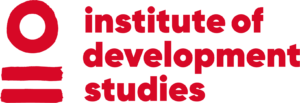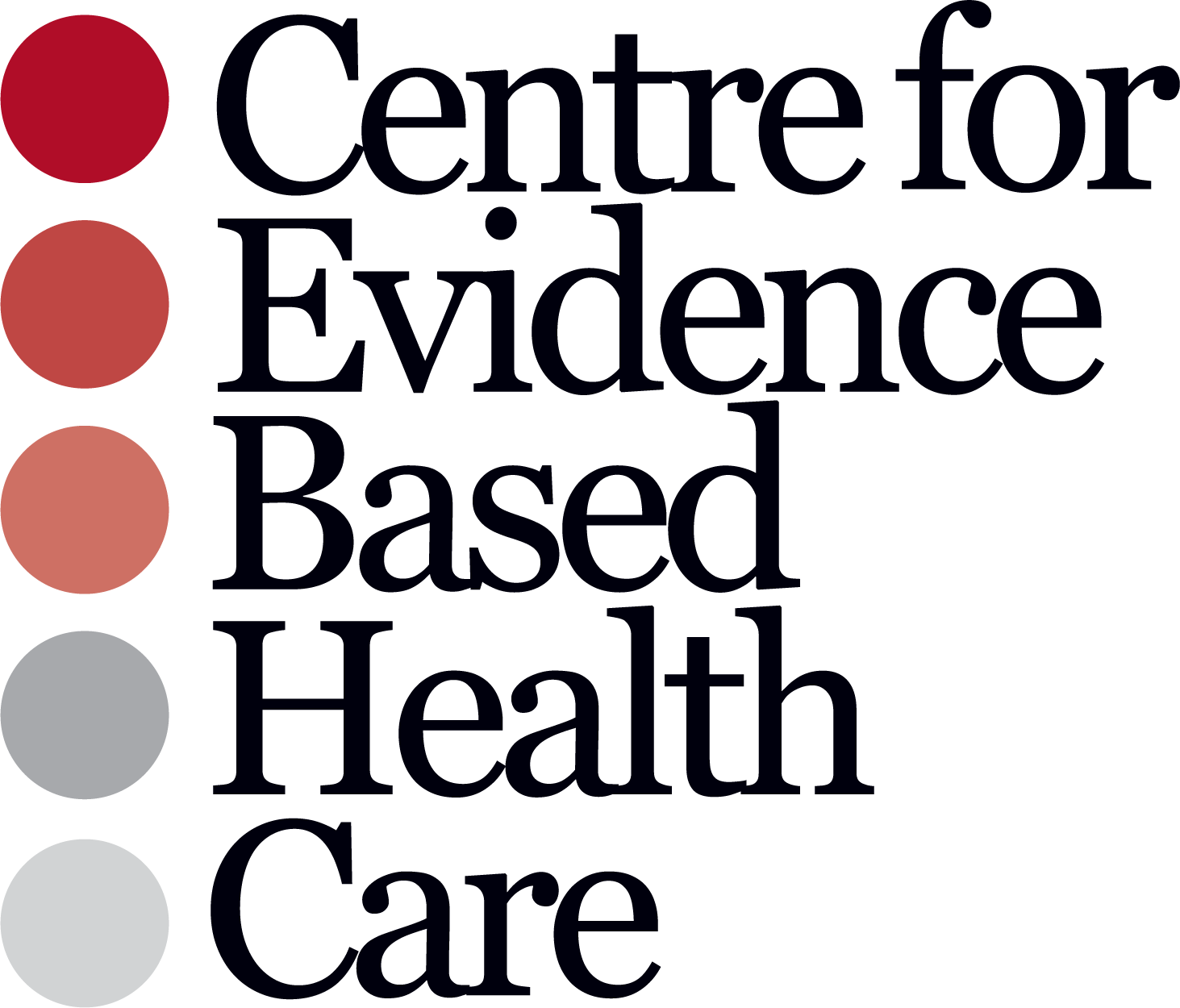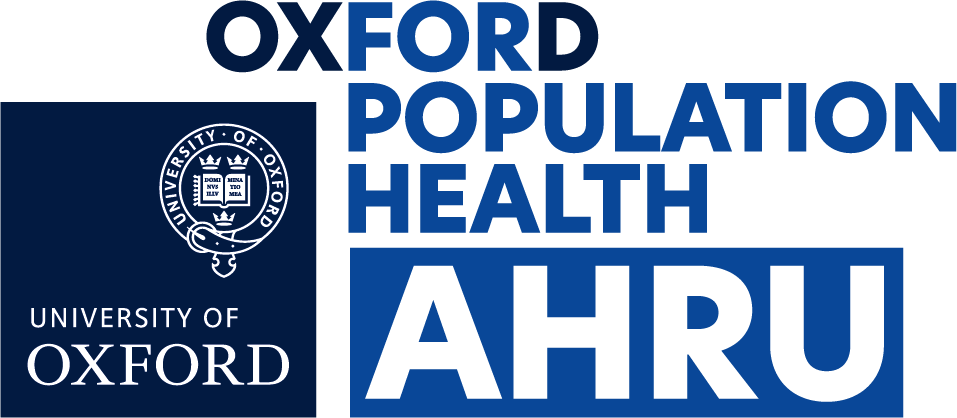WORLD EBHC DAY PARTNERS
As a global evidence community, we work together to meet the needs and overcome the barriers to advance the use of reliable research evidence to address some of the world’s most serious health challenges.
JBI is a global organisation promoting and supporting evidence-based decisions that improve health and health service delivery. JBI offers a unique range of solutions to access, appraise and apply the best available evidence. JBI's approach to evidence-based healthcare is unique. JBI considers evidence-based healthcare as decision making that considers the feasibility, appropriateness, meaningfulness and effectiveness of healthcare practices. Connect with JBI across social media @JBIEBHC
Cochrane is a global independent network of researchers, professionals, patients, carers, and people interested in health. Cochrane’s 82,000 members and supporters from more than 130 countries work together to produce credible, accessible health information that is free from commercial sponsorship and other conflicts of interest.
Cochrane believes that a world of improved health is possible when decisions about health and health care are routinely based on high-quality, relevant and up-to-date synthesized research evidence, which it publishes in the Cochrane Library. The Cochrane Library is an internationally recognized and unique source of reliable, independent information on the effects of interventions in health care. Its principal component is the Cochrane Database of Systematic Reviews (CDSR), containing over 8,500 Cochrane Reviews.
The Campbell Collaboration is an international research network that promotes evidence-based decision- and policy-making through the production of systematic reviews and other types of evidence synthesis. Campbell is composed of coordinating groups that coordinate the production of systematic reviews and evidence and gap maps in the following areas: Business & Management, Climate Solutions, Crime & Justice, Disability, Education, International Development, Knowledge Translation & Implementation, Methods, and Social Welfare.
The Institute of Development Studies (IDS) delivers world-class research, learning and teaching that transforms the knowledge, action and leadership needed for more equitable and sustainable development globally. Through equitable and sustainable partnerships, we work with governments, philanthropic foundations, non-governmental organisations, academics and civil society to transform approaches to progressive social, political and economic change in ways that ultimately make a difference to people’s lives.
The Centre for Evidence-based Health Care (CEBHC) is a coordinating and directive institution for research and training of the Faculty of Medicine and Health Sciences, Stellenbosch University, in the field of evidence-based health care.
The CEBHC is a beacon on the African continent in advancing evidence-based health care at a local and increasingly through its collaborations on a more global scale. In a world where the lines between fact, fiction, myth and fake news are blurred, driven largely by internet fabrications, the raison d’etre for the endeavours of the Centre of Evidenced-based Health Care has become a compelling necessity.
The Applied Health and Research Unit (AHRU) at the University of Oxford aims to drive improvements in health care and outcomes through translational research and methodological innovation. AHRU’s research focuses on understanding variation in incidence, prevalence, treatment pathways and health outcomes; evaluating the effectiveness and cost effectiveness of health services in relation to a range of diseases and health problems; and evaluating the equitable implementation of effective interventions to improve health and avoid research waste.





